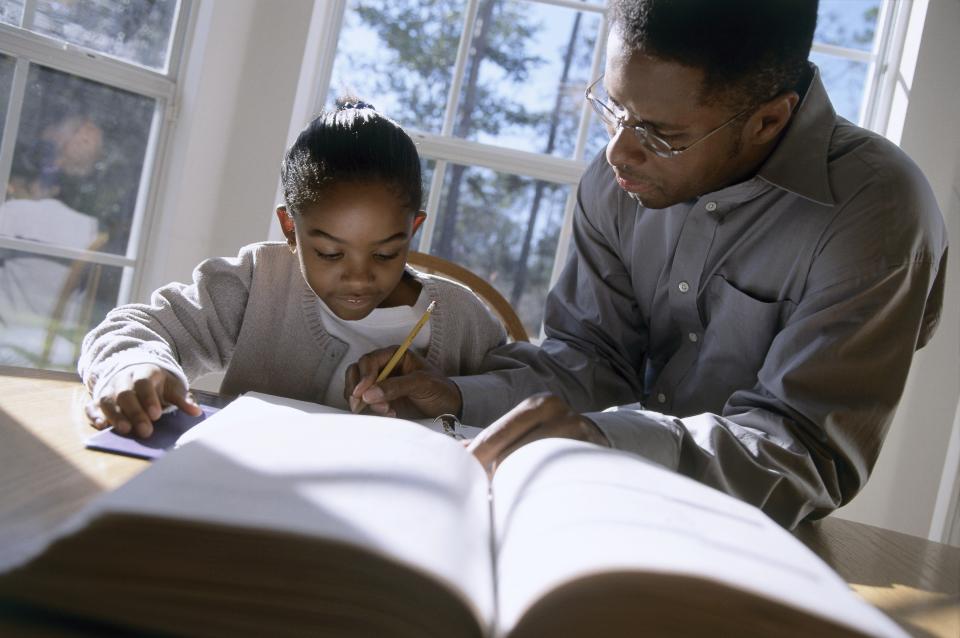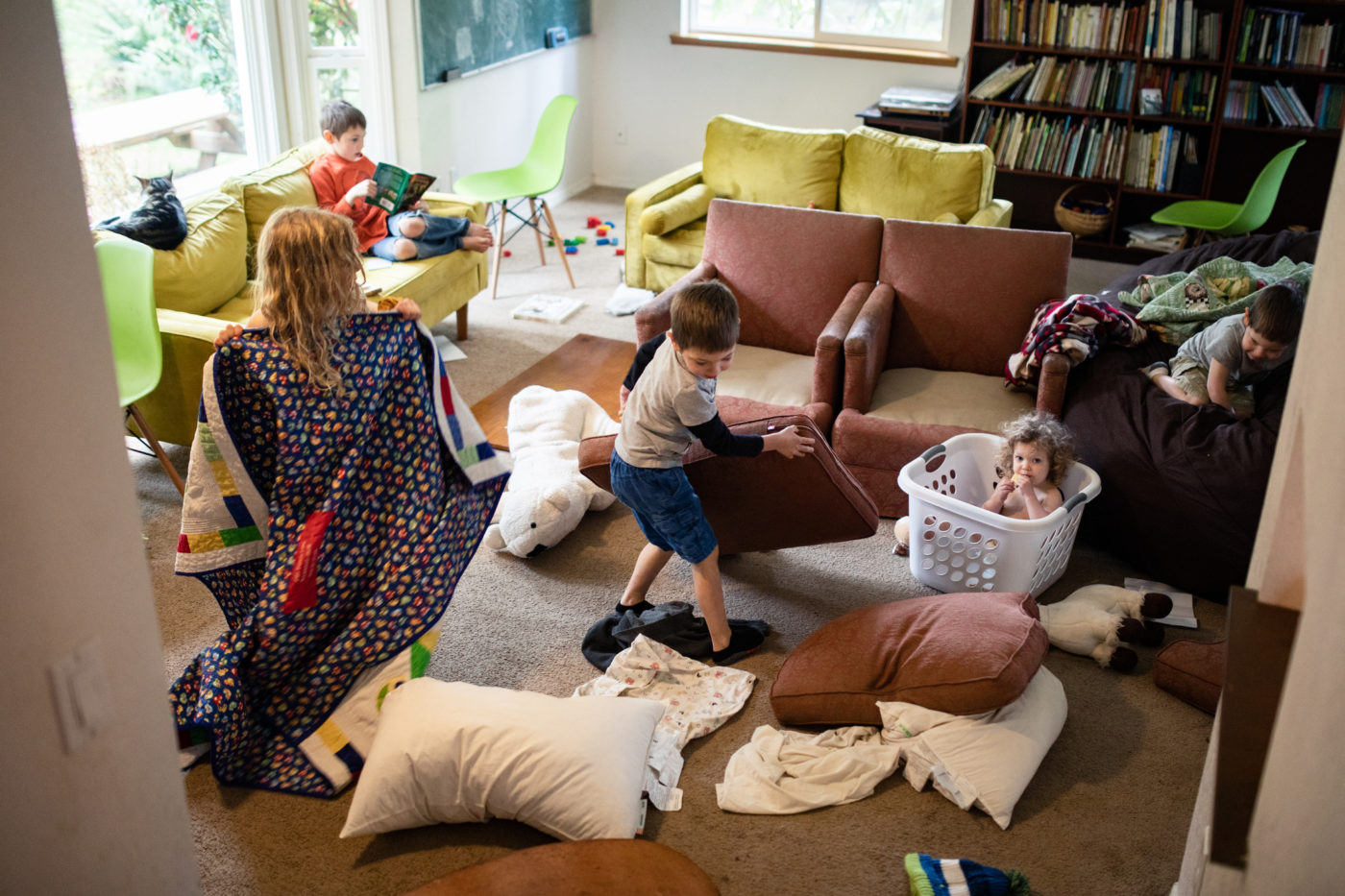Social Media’s Influence on Children: A Parent’s View
As a parent, acknowledging social media’s impact on children is essential. Screen time can affect mental health, leading to anxiety and self-esteem issues from unrealistic standards. It’s important to monitor their online activities actively, set clear boundaries, and address cyberbullying concerns. Encouraging positive digital citizenship teaches responsibility and respect online. By understanding these aspects, you can guide your child towards a healthy relationship with social media.
Key Takeaways
- Active monitoring safeguards children’s online safety and well-being.
- Setting clear boundaries guides healthy social media use.
- Educating children on responsible internet behavior is crucial.
- Reporting cyberbullying on social platforms is essential.
- Teaching positive digital citizenship fosters a safe online environment.
Impact of Social Media Exposure

Exposure to social media can greatly influence children’s behavior and perceptions, shaping their views on various aspects of life. The amount of time spent on screens directly impacts mental health, with excessive screen time linked to increased feelings of anxiety, depression, and isolation among children.
The constant barrage of images and messages on social media can create unrealistic standards of beauty, success, and happiness, leading to negative self-perception and low self-esteem.
As a parent, it’s essential to monitor your child’s screen time and make sure they engage in activities that promote a healthy balance between online and offline interactions. Encouraging breaks from social media and incorporating physical exercise or hobbies can significantly improve mental well-being.
Monitoring Online Activities
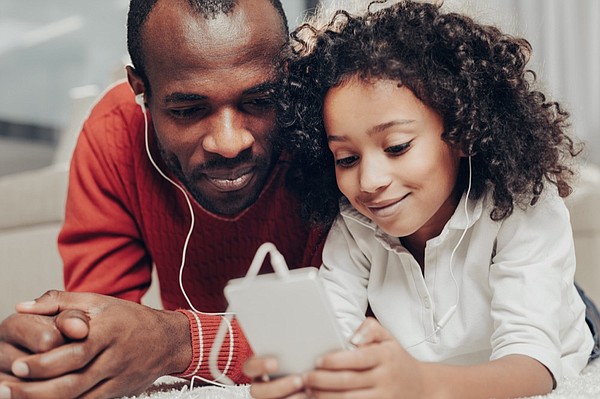
To guarantee your child’s online safety and well-being, it’s essential to actively monitor their internet activities. As a parent, staying informed about your child’s screen time and the content they’re exposed to is pivotal in today’s digital age.
By implementing parental controls on devices and apps, you can limit access to inappropriate content and track their online behavior. Parental controls allow you to set restrictions on what your child can access, providing a safer online environment.
Monitoring screen time not only helps in preventing excessive exposure to harmful content but also maintains a healthy balance between online and offline activities. It’s crucial to engage in open conversations with your child about the importance of responsible internet usage while also respecting their privacy.
Regularly checking their online interactions and the websites they visit can help you identify any potential risks or issues early on. By actively monitoring your child’s online activities, you can create a supportive and secure digital environment for them to thrive.
Setting Healthy Boundaries
Establishing clear boundaries is essential in guiding your child’s healthy use of social media. When it comes to screen time, it’s important to set limits to make certain that social media doesn’t take over other important activities like schoolwork, physical exercise, and face-to-face interactions.
Encourage a healthy balance by defining specific timeframes for social media use and sticking to them.
Utilizing parental controls is another effective way to set boundaries and protect your child online. These tools allow you to monitor your child’s online activities, block inappropriate content, and manage screen time effectively.
Familiarize yourself with the parental control settings on the platforms your child uses and adjust them according to your family’s values and rules.
Addressing Cyberbullying Concerns
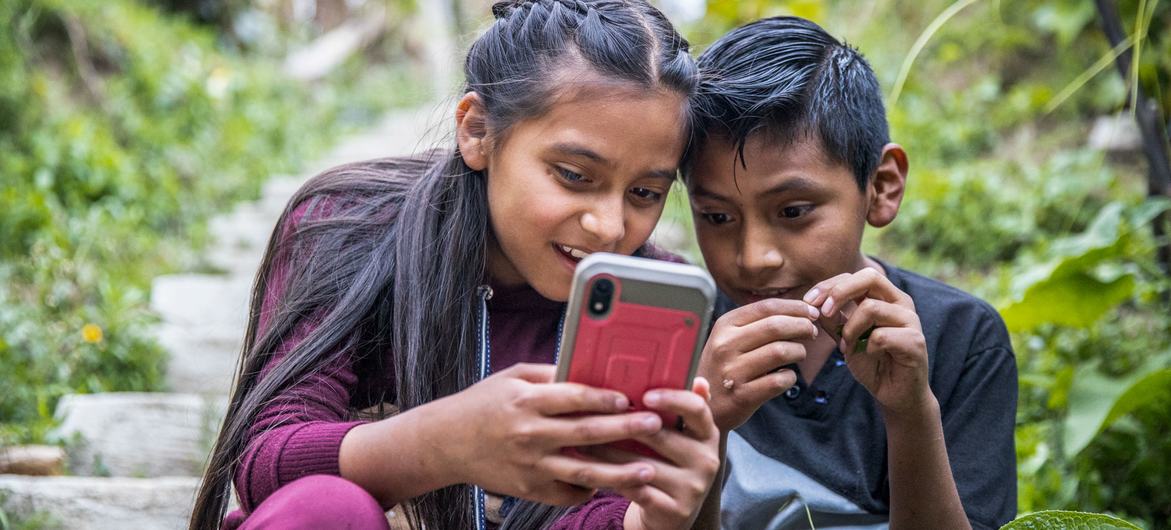
To address cyberbullying concerns effectively, understanding the signs and impacts of online harassment is essential in safeguarding your child’s online well-being. Cyberbullying can manifest through hurtful comments, exclusion, or sharing embarrassing information online. If your child shows signs of distress, sudden withdrawal, or reluctance to use their devices, it might indicate they’re facing online abuse.
In such situations, fostering open communication is important. Encourage your child to confide in you about any negative experiences they encounter online. Emphasize the importance of reporting abuse on social media platforms and websites.
By taking action against cyberbullying, your child learns to stand up for themselves and others, building resilience in the face of adversity.
Additionally, educate your child about the significance of maintaining a positive digital footprint and practicing online etiquette. By equipping them with the knowledge and tools to navigate the online world safely, you empower them to combat cyberbullying effectively.
Encouraging Positive Digital Citizenship
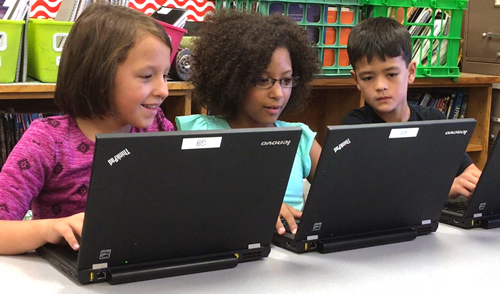
Encouraging children to practice positive digital citizenship involves fostering a sense of responsibility and respect in their online interactions. Instilling good online etiquette is vital in promoting a safe and respectful online environment.
Teaching children the importance of being mindful of their words and actions online can help prevent cyberbullying and promote positive interactions with others. Emphasizing digital responsibility is key in ensuring that children understand the impact of their online behavior on themselves and others.
Parents can guide their children by setting clear expectations for their online conduct and monitoring their online activities. Encouraging open communication about their online experiences can help children feel comfortable discussing any challenges they may face.
It’s essential to educate children on the permanence of their digital footprint and the importance of protecting their privacy online.
Frequently Asked Questions
How Can I Balance Screen Time With Outdoor Activities for My Child?
You can balance screen time with outdoor exploration for your child by setting tech breaks throughout the day. Encourage outdoor activities like nature walks, bike rides, or sports to promote physical health and mental well-being.
What Are the Signs That Indicate My Child May Be Addicted to Social Media?
If your child is addicted to social media, signs include excessive screen time, neglecting other activities, changes in mood or behavior, and withdrawal from social interactions. Consider implementing parental controls and encouraging digital detoxification for better mental health.
Should I Allow My Child to Have Social Media Accounts at a Young Age?
You should consider parental control settings and age restrictions when deciding if your child should have social media accounts. Guarantee online safety by monitoring their activity closely to protect them from potential risks.
What Steps Can I Take to Protect My Childs Privacy Online?
To protect your child’s privacy online, use parental controls and monitoring tools. Adjust privacy settings on social media platforms. Educate your child about online safety, including not sharing personal information. Stay involved and have open conversations.
How Do I Talk to My Child About the Potential Dangers of Sharing Personal Information Online?
When talking to your child about online safety, emphasize open communication. Discuss the potential dangers of sharing personal information online. Teach them to set privacy settings and establish boundaries to protect themselves in the digital world.
Conclusion
In summary, as a parent, it’s essential to recognize the impact social media has on your child’s development.
By actively monitoring their online activities, setting healthy boundaries, addressing cyberbullying concerns, and encouraging positive digital citizenship, you can help your child navigate the digital world responsibly.
Remember, your guidance and support are key in ensuring that your child uses social media in a safe and positive manner.

Chad Adan Kace, a young dad from Vermont, shares his parenting journey with a touch of humor and lots of love. Father to a lively baby, he explores the joys and challenges of fatherhood through his stories.





